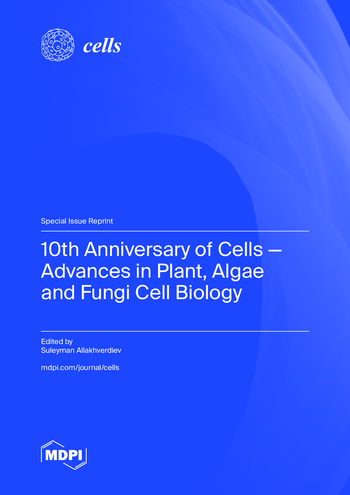Treg Cell Therapeutic Strategies for Breast Cancer: Holistic to Local Aspects
IF 5.1
2区 生物学
Q2 CELL BIOLOGY
引用次数: 0
Abstract
Abstract: Regulatory T cells (Tregs) play a key role in maintaining immune homeostasis and preventing autoimmunity through their immunosuppressive function. There have been numerous reports confirming that high levels of Tregs in the tumor microenvironment (TME) are associated with a poor prognosis, highlighting their role in promoting an immunosuppressive environment. In breast cancer (BC), Tregs interact with cancer cells, ultimately leading to the suppression of immune surveillance and promoting tumor progression. This review discusses the dual role of Tregs in breast cancer, and explores the controversies and therapeutic potential associated with targeting these cells. Researchers are investigating various strategies to deplete or inhibit Tregs, such as immune checkpoint inhibitors, cytokine antagonists, and metabolic inhibition. However, the heterogeneity of Tregs and the variable precision of treatments pose significant challenges. Understanding the functional diversity of Tregs and the latest advances in targeted therapies is critical for the development of effective therapies. This review highlights the latest approaches to Tregs for BC treatment that both attenuate Treg-mediated immunosuppression in tumors and maintain immune tolerance, and advocates precise combination therapy strategies to optimize breast cancer outcomes.乳腺癌的 Treg 细胞治疗策略:从整体到局部
摘要:调节性 T 细胞(Tregs)通过其免疫抑制功能在维持免疫平衡和预防自身免疫方面发挥着关键作用。大量报告证实,肿瘤微环境(TME)中高水平的Tregs与不良预后有关,突出了它们在促进免疫抑制环境中的作用。在乳腺癌(BC)中,Tregs 与癌细胞相互作用,最终导致免疫监视受到抑制并促进肿瘤进展。本综述讨论了Tregs在乳腺癌中的双重作用,并探讨了与靶向这些细胞相关的争议和治疗潜力。研究人员正在研究各种消耗或抑制 Tregs 的策略,如免疫检查点抑制剂、细胞因子拮抗剂和代谢抑制剂。然而,Tregs 的异质性和不同的治疗精度带来了巨大的挑战。了解 Tregs 的功能多样性和靶向疗法的最新进展对于开发有效疗法至关重要。本综述重点介绍了用于治疗乳腺癌的 Tregs 的最新方法,这些方法既能减弱肿瘤中 Treg 介导的免疫抑制,又能维持免疫耐受,同时还提倡精确的联合治疗策略,以优化乳腺癌的治疗效果。
本文章由计算机程序翻译,如有差异,请以英文原文为准。
求助全文
约1分钟内获得全文
求助全文
来源期刊

Cells
Biochemistry, Genetics and Molecular Biology-Biochemistry, Genetics and Molecular Biology (all)
CiteScore
9.90
自引率
5.00%
发文量
3472
审稿时长
16 days
期刊介绍:
Cells (ISSN 2073-4409) is an international, peer-reviewed open access journal which provides an advanced forum for studies related to cell biology, molecular biology and biophysics. It publishes reviews, research articles, communications and technical notes. Our aim is to encourage scientists to publish their experimental and theoretical results in as much detail as possible. There is no restriction on the length of the papers. Full experimental and/or methodical details must be provided.
 求助内容:
求助内容: 应助结果提醒方式:
应助结果提醒方式:


